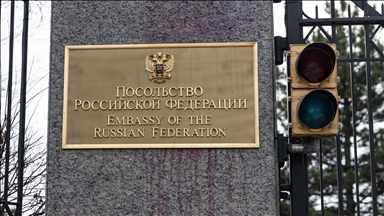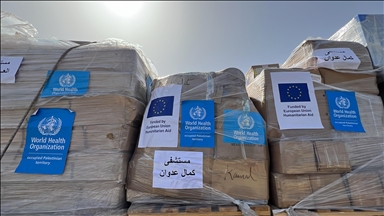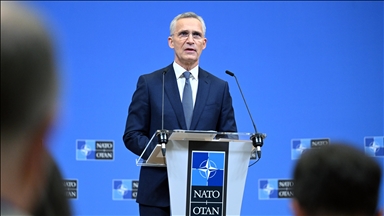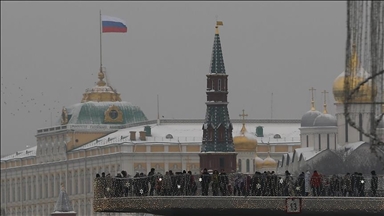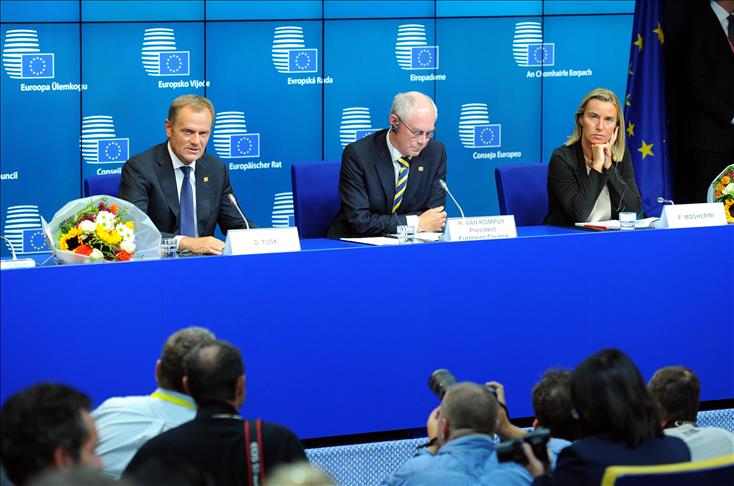
ANKARA
As the European Union announced new sanctions against Moscow on Friday for its actions in eastern Ukraine, Russian oil companies will be forced to seek alternative funds, or look to the government for assistance, experts say.
In order to punish Moscow for what Western countries see as the continuous backing of pro-Russian separatists, the new EU sanctions on, among others, oil companies Rosneft, Gazprom Neft and Transneft prevent them from accessing financial markets in Europe and thus raise long-term debt.
Any such restrictions to access financial markets in Europe - or in the U.S. as Obama recently announced new sanctions to accompany the European ones - may cause a huge gap in finance for investment for Russian oil companies.
Indeed, international markets are essential to the Russian oil giants. In 2013, bank loans emanating from these markets reached $56 billion, according to financial statements released by Rosneft, Gazprom Neft and Transneft.
While the effects of the sanctions are negative, they are nonetheless restricted and manageable, said financial markets and banking system expert Igor Belyakov.
“The financial position of the Russian government is stable now with low debt and large-scale reserves, and naturally, state funding can relieve the effects of sanctions on the Russian energy companies,” said Igor Belyakov from Moscow-based Economic Expert Group.
While Belyakov remains skeptical EU banks will cease relations with Russian companies altogether, he does estimate that a sharp decrease in financial cooperation with the West would indeed require a significant shift in the funding portfolio.
The effects of the sanctions depend on the financial status of the companies and the volume of the state funding, adds Turkish academic Mubariz Hasanov.
"China is the biggest energy importer and one of the biggest fund supplier throughout the world. Russia wouldn't face any obstacle in getting funds from China," said Associate Professor Mubariz Hasanov in the banking and finance department of Okan University in Turkey.
A lack of finance resulting in a drop in investments could cause a possible reduction in oil production and, in effect, increase prices globally, added Hasanov.
"That would be a negative development for oil importing countries, such as Turkey," he said.
Sales of oil and gas accounted for 68 percent of Russia's total export revenues last year.
Oil and gas revenues also made up more than 50 percent of the Russian government’s total revenue.



